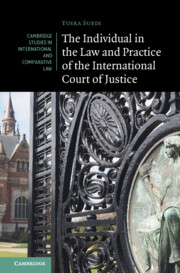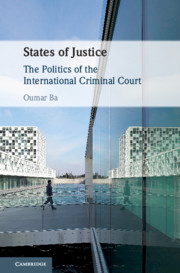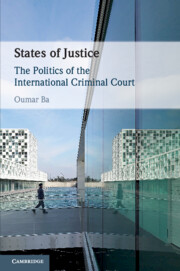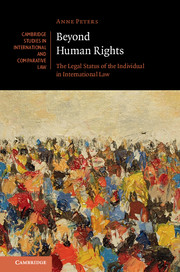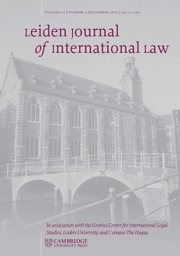The Individual in the Law and Practice of the International Court of Justice
The cornerstone of the World Court's identity is its resolution of inter-state disputes. This insightful critique challenges the implication that individuals have little importance in such disputes as a result. Arguing for individuals' enhanced integration, it reveals their relevance in a myriad of disputes beyond those centred on violations of multilateral human rights treaties and unveils a multitude of procedural practices with unquenched potential. It also carefully unpacks and interrogates the Court's legal reasoning in various contexts such as territorial and maritime disputes, amongst others. Finally, it critically analyses and evaluates the legal and political underpinnings for the Court's approaches and state litigants' choices from a lens of social idealism. This pioneering study sheds light on the imbalance between individuals as key stakeholders in inter-state disputes and their treatment in law and practice.
- Provides detailed and comprehensive analysis of one hundred years of case-law of the Court and its predecessor
- Identifies trends in approaches and practices with respect to individuals across the century
- Proposes creative adjustments to procedures and methods of judicial reasoning to further integrate individuals in law and practice
- Offers new perspectives on the Court's practice in areas such as territorial, maritime and environmental disputes
Reviews & endorsements
‘A work that is original and timely, inviting the reader to re-think classical approaches to the nature and functioning of the international legal order and bring it into a new reality. A rare work, one that captures the zeitgeist, is finely written, beautifully structured, and should be a point of significant reference on roads yet to be travelled.’ Philippe Sands, Professor of the Public Understanding of Law, University College London, Barrister (King’s Counsel), 11KBW
‘The Individual in the Law and Practice of the International Court of Justice! What an intriguing book, and I don’t mean just the counter-intuitive title. In this book, Yusra Suedi makes a compelling case for the International Court of Justice to consider more the interest and position of people in its work. While acknowledging the statutory limitations, and without taking the easy route of proposing an amendment to the Statute, Suedi shows how, in discrete areas of the Court’s work, people are affected and how the Court can do more to better account for the interests of people. I would recommend this book to anyone working on (a) the place of the individual in international law, (b) the work of the International Court of Justice (c) the intersection of the areas.’ Dire Tladi, Judge, International Court of Justice, Former Member and Chair of the UN International Law Commission
‘In this book, Yusra Suedi embarks on an eye-opening journey that reveals the place of the individual in the ICJ’s judgments and advisory opinions as well as an actor in the procedure of the World Court. It highlights how the interests of the individual are increasingly taken into account. This intellectual exploration characterised by social idealism, critical reflection and aspiration shows us that the individual is present but that for the purposes of legitimacy and effectiveness this presence must be enhanced and properly consolidated.’ Laurence Boisson de Chazournes, Professor of International Law, University of Geneva
Product details
May 2025Hardback
9781009394499
322 pages
235 × 158 × 20 mm
0.61kg
Available
Table of Contents
- Introduction
- Part I. The Individual in the Law of the International Court of Justice:
- 1. Standing
- 2. Diplomatic protection
- 3. Advisory proceedings
- 4. Staff members
- 5. Remarks on Law: Part II. The Individual in the Practice of the International Court of Justice:
- 6. Maritime disputes
- 7. Territorial disputes
- 8. Environmental disputes
- 9. Sources
- Remarks on Practice
- Final thoughts
- Index.

